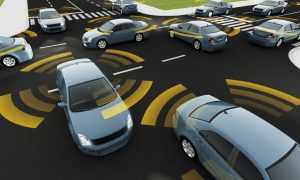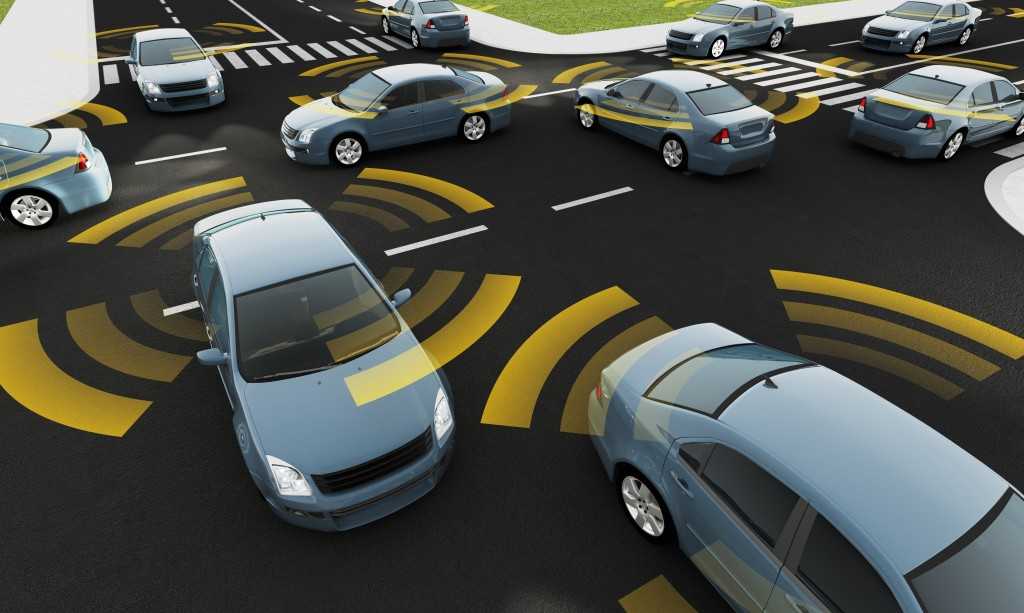 There are many, many reasons to be excited about the future. Besides each person’s unique aspirations for the years to come, numerous industries are undergoing transitions of their own — the most noted and notable of which is that of technology.
There are many, many reasons to be excited about the future. Besides each person’s unique aspirations for the years to come, numerous industries are undergoing transitions of their own — the most noted and notable of which is that of technology.
While it is true that progress between the world’s machines differ greatly in terms of pace and procedure, there is no denying the single, core intent all technological advancements from the Industrial Revolution onward have had: the development of artificial intelligence.
Driving the Point Home
For centuries, humanity chased an artificial intelligence as a way of improving how society interacts, how industries operate, and how people live their lives‘ at least in the long run. Of course, as the world undergoes a “transition period” of sorts, there are bound to be challenges when it comes to normalizing AI in daily life.
The automotive industry is among the best starting points for this discussion, especially now that AI-driven vehicles have taken at least one life so far.
Bumps in the Road
Mistaking a white tractor-trailer as part of that day’s bright sky, a Tesla Model S drove full speed under the tractor-trailer, continued to travel after the accident, and eventually veered into a power pole. Joshua Brown, the car’s only passenger, died at the scene. Tesla was quick to exempt itself of any wrongdoing, and auto accident lawyers note that Tesla did so by using one “transition period” technicality.
It was never a secret that Tesla and its electric cars’ entire self-driving tech is incomplete. Joshua Brown was an early adopter, who agreed to contract terms that required keeping his hands on the steering wheel at all times. Like many other excited Model S drivers, Joshua Brown implement a bit of leeway on the contract terms. An accident occurred, and it cost him his life.
Despite Tesla’s first road accident, AI proves to be a better behind wheel in most cases. Even better, contract agreements regarding incomplete software are temporary, which makes driverless cars good not only for straightforward travel, but for straightforward court cases as well.




